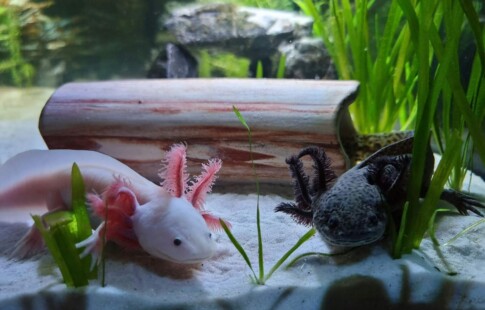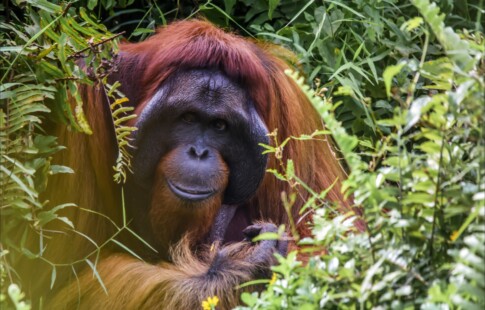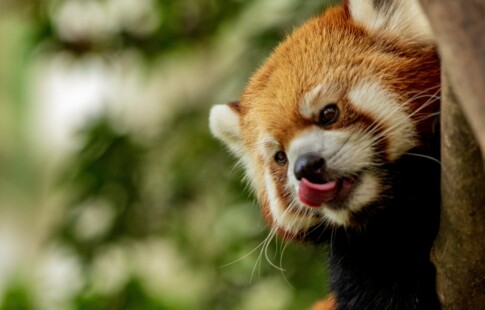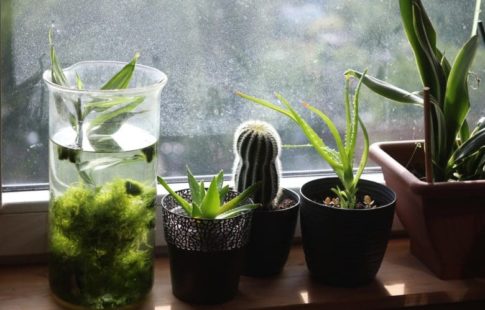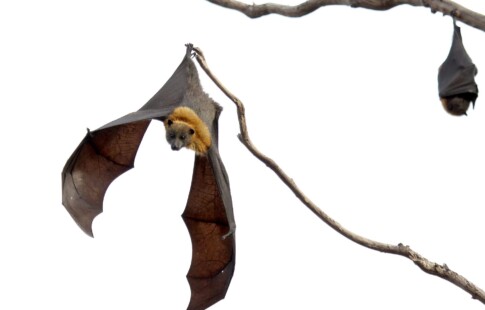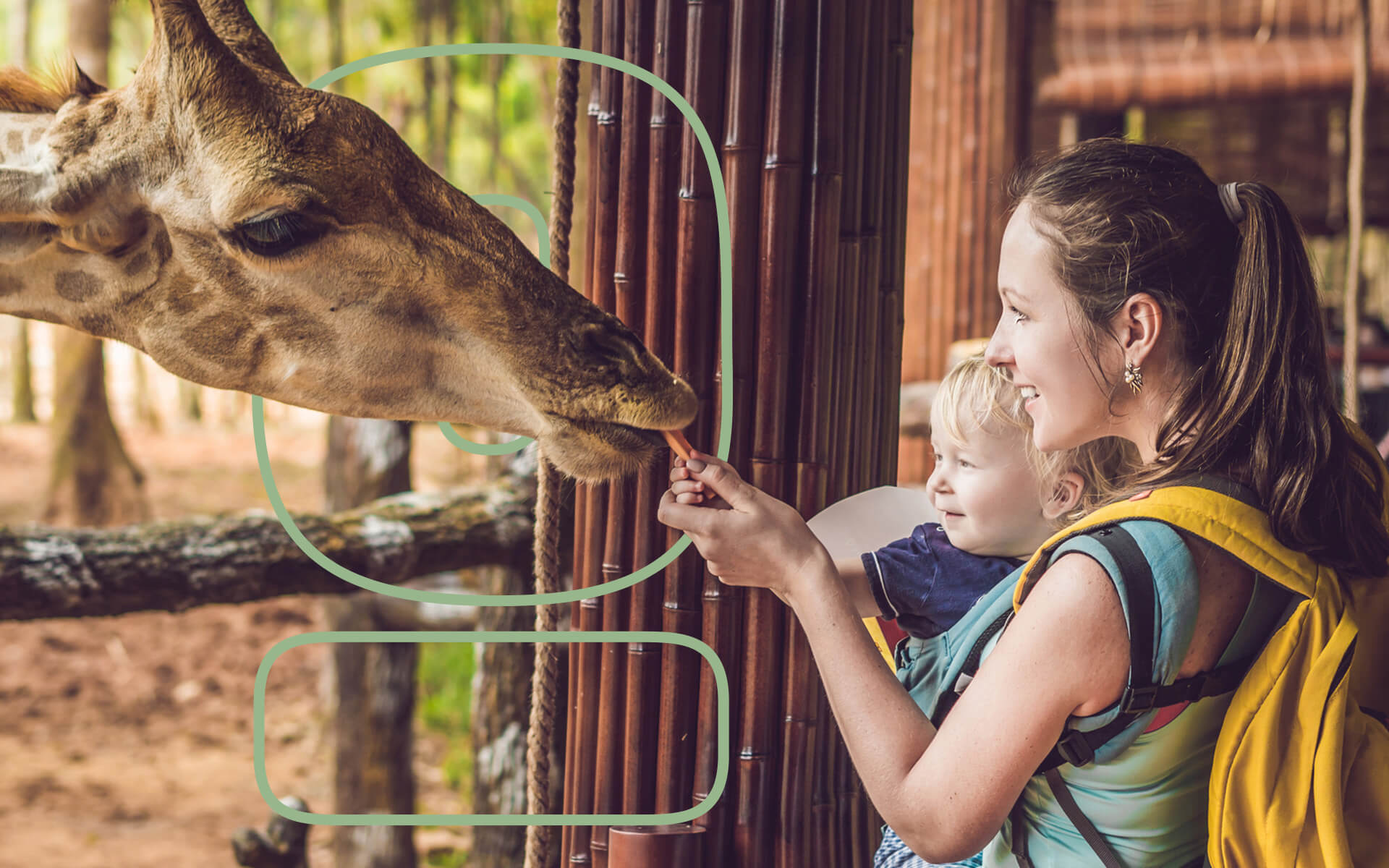
The Effect of Zoos on Animal Health and Well-Being
We are reader-supported. When you buy through links on our site, we may earn affiliate commission.
Most people have fond memories of going to the zoo. Maybe you went with your family while on vacation or with your class for a field trip. Although it was fun to see animals up close and eat snacks while walking around, the animals may not have been as happy as the visitors. What effect do zoos have on animal health?
How Zoos Have a Positive Effect on Animal Health
Sometimes zoos have positive effects on animal health for every creature on their property. It depends on how they demonstrate their care. These are a few signs that zoo staff genuinely care about their animals.
1. They Provide Nutritionally Comprehensive Meals
When animals live in the wild, they may not get all the nutrients they need with the food they can find. They might spend too much time hunting prey or searching for fruits and need more than they find. Environmental factors affecting their food supply, like natural disasters or overhunting, will also change how the animals eat and develop.
Zoos provide comprehensive meals that have all the nutrients animals need. They also adjust the meals depending on the animal’s health, like if they’re pregnant or diagnosed with a health condition.
2. They Offer Top-Notch Medical Services
Well-funded zoos have access to medical services animals wouldn’t get in the wild. Clinical care programs offer various services and treatments like:
- Laboratory testing
- Surgeries
- Fecal exams
- Urinalysis
- Radiography
- Drug administration
Animals don’t have to suffer and potentially die at a young age because the zoo staff can get them medical attention. Veterinary experts will catch potential signs of diseases and help animals feel better quickly.
3. They Ensure Safer Deliveries
When animals reproduce, various things can go wrong. The mother could die during delivery or afterward. The offspring could arrive too early or need medical attention due to congenital disabilities or hereditary conditions.
Zoos closely monitor their pregnant animals before, during and after delivery. The animals and their offspring will have all the help they need to reproduce and live long happy lives. Personal care makes reproduction easier and more enjoyable for zoo animals. They’ll have better experiences than they would in the wild, which improves their quality of life.
4. They Protect Species
Although zoos don’t exist solely to help endangered species grow in number, they do help protect species from going extinct. If there’s a season of overhunting or natural disasters that harm species that also exist in zoos, the ones in captivity will continue to thrive and reproduce because they have protection.
5. They Allow for Further Studying
Many zooo owners, managers and staff already thoroughly understand the animals in their care. However, researchers can use zoos as opportunities better to understand environmental factors most important to specific species. By introducing new habitat features or dietary additions, they can study the result of those changes and learn how conservation groups can best support wild animals.
The Negative Effect of Zoos on Animal Health
As many people have experienced, zoos aren’t all the same. Some are underfunded and operating solely to make a profit. The zoos that don’t prioritize the care of their animals often have these adverse effects on their animals’ health and well-being.
1. A Lack of Escape Increases Fear
A recent study found that zoo animals may feel more driven by fear in captivity because there’s no way to escape their enclosures when they feel threatened. Environmental stimuli like having too many people around, hearing loud noises or watching unexpected movements from visitors could provoke that fear.
Small enclosures with little space between visitors and animals will cause this experience. Without a place to hide from everyone, the animals could live in a constant state of fight-or-flight fear.
2. Continual Stress Hurts Their Physical Health
Research shows that when animals feel stressed, their bodies have an inflammatory response that weakens their immune system and leaves them vulnerable to diseases. Animals continually stressed in zoos due to small enclosures, fear and poor nutrition are more likely to get sick due to this physiological stress response.
3. Enclosures May Lack Mental Stimulation
Animal enrichment includes efforts taken by zoo staff to introduce daily mental stimulation for all animals in their care. This can happen with five types of enrichment that include:
- Cognitive activities
- Social activities
- Sensory play
- Food
- Habitat changes
Without stimulation, animals become restless or bored. They can also develop depression or anxiety when their mental health deteriorates. Mental health is equally important as physical health, so zoos that don’t provide mental enrichment adversely affect their animals’ health.
4. Zoochosis Threatens Their Mental Well-Being
Zoochosis is another mental health condition that harms animals in zoo enclosures. It’s a psychological disorder that makes animals have repetitive behaviors like bar biting, pacing and self-harm. It can even lead to the animal’s death if self-harm behaviors result in injury or eating disorders.
Animals living in small spaces without adequate environmental stimulation can develop this condition. They can also get it if they live on concrete surfaces and are chained to the same spot daily. Since this condition hurts their physical and mental health, it’s a significant cause of concern for animals in zoos that don’t prioritize their well-being.
5. Poor Care Leads to Disease
When zoos don’t have enough funding to provide for their animals or hire well-trained people to care for them, diseases affect the animals. They can develop bacterial abscesses, infections and get bacterial illnesses from filthy enclosures. Without access to proper medical care, the animals remain at risk of dying from untreated diseases caused by their surroundings.
Evaluate Each Zoo Separately
Every zoo is different, but they all have effects on their animals’ health. It depends on their staff, funding and size. When evaluating a potential zoo for your next weekend activity, looking for these factors will help you know which are better to visit and financially support than others.
Share on
Like what you read? Join other Environment.co readers!
Get the latest updates on our planet by subscribing to the Environment.co newsletter!
About the author

Jane Marsh
Starting from an early age, Jane Marsh loved all animals and became a budding environmentalist. Now, Jane works as the Editor-in-Chief of Environment.co where she covers topics related to climate policy, renewable energy, the food industry, and more.

